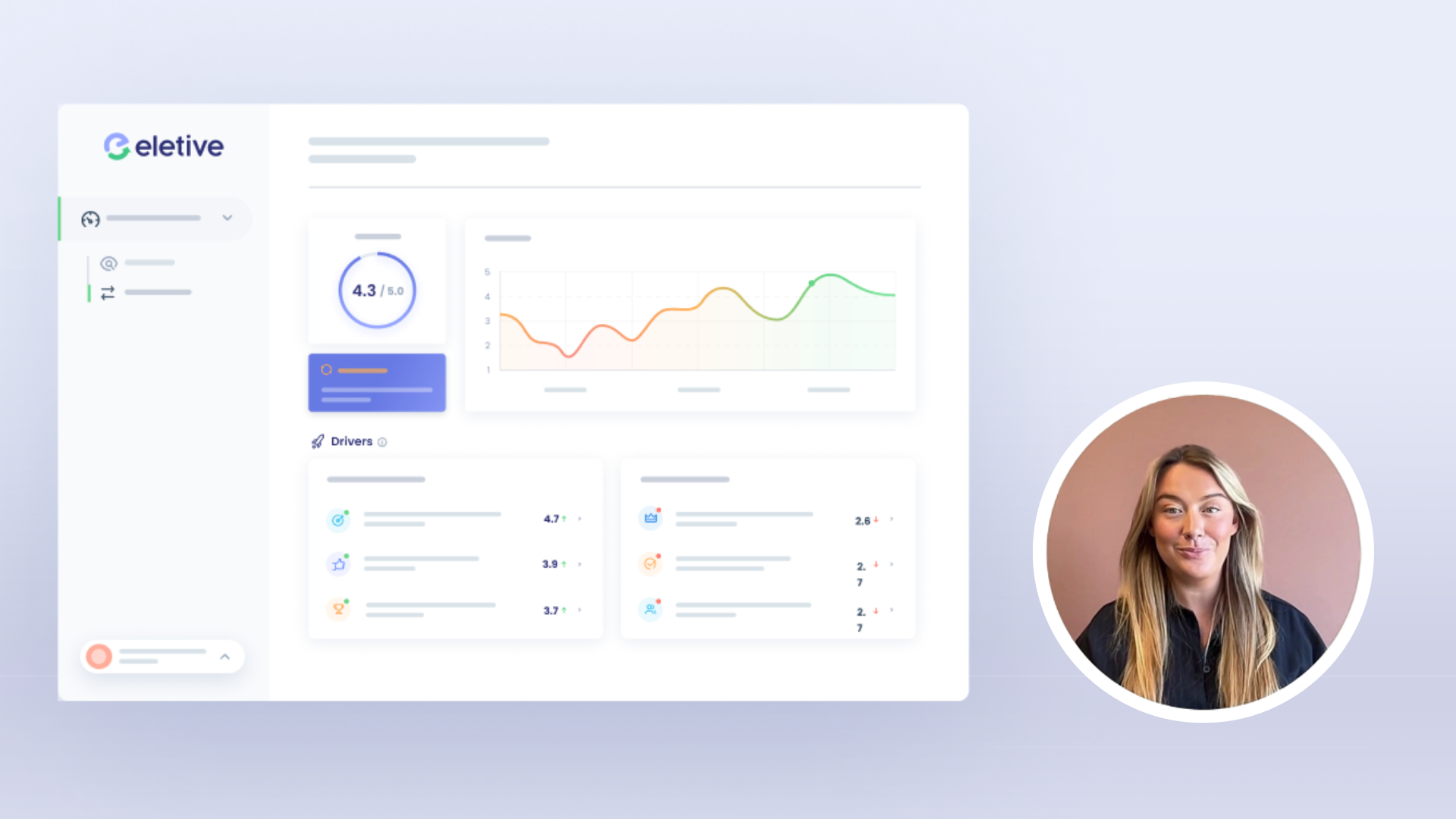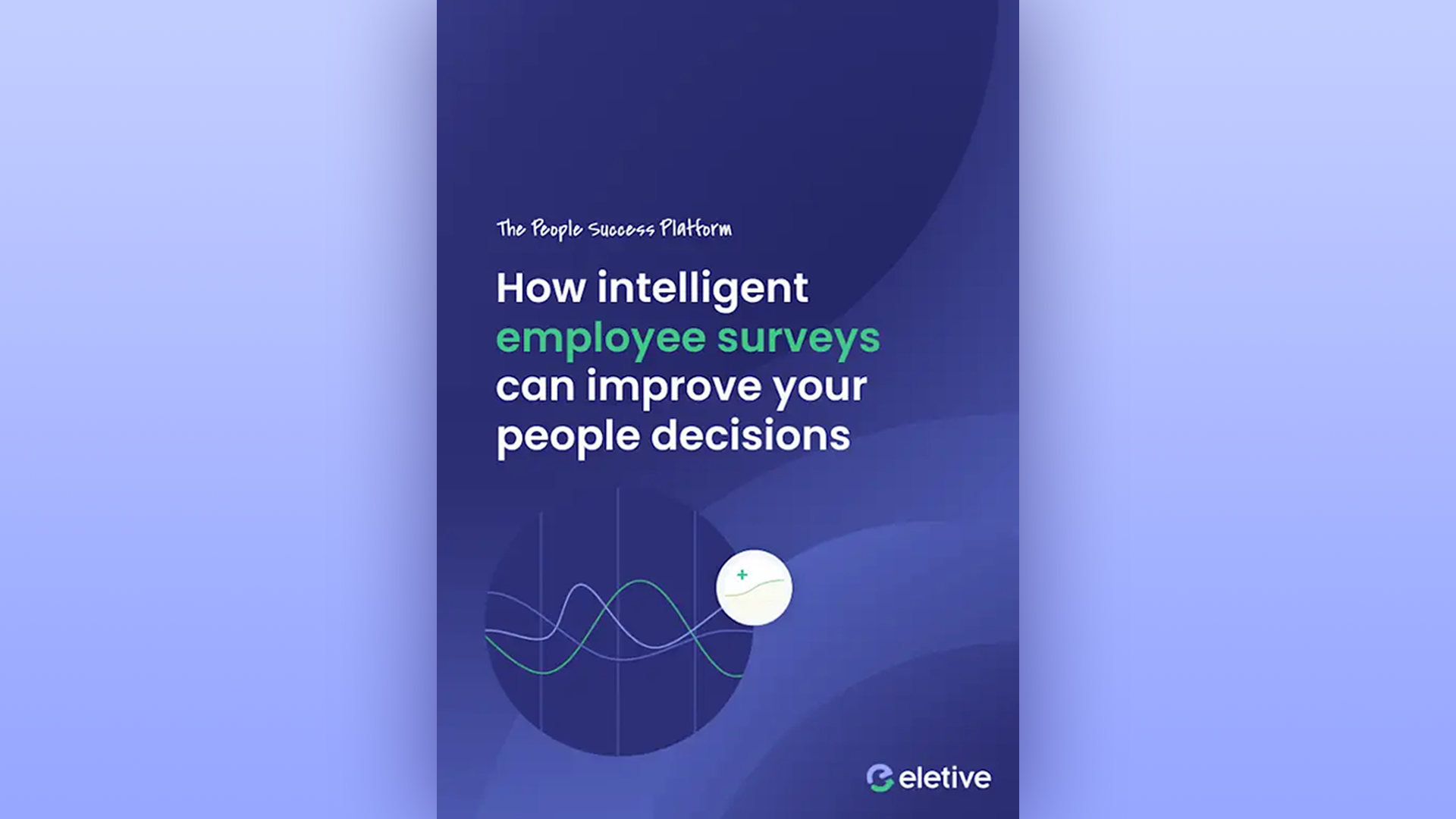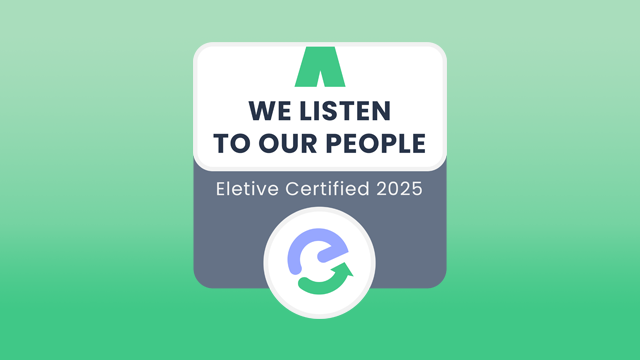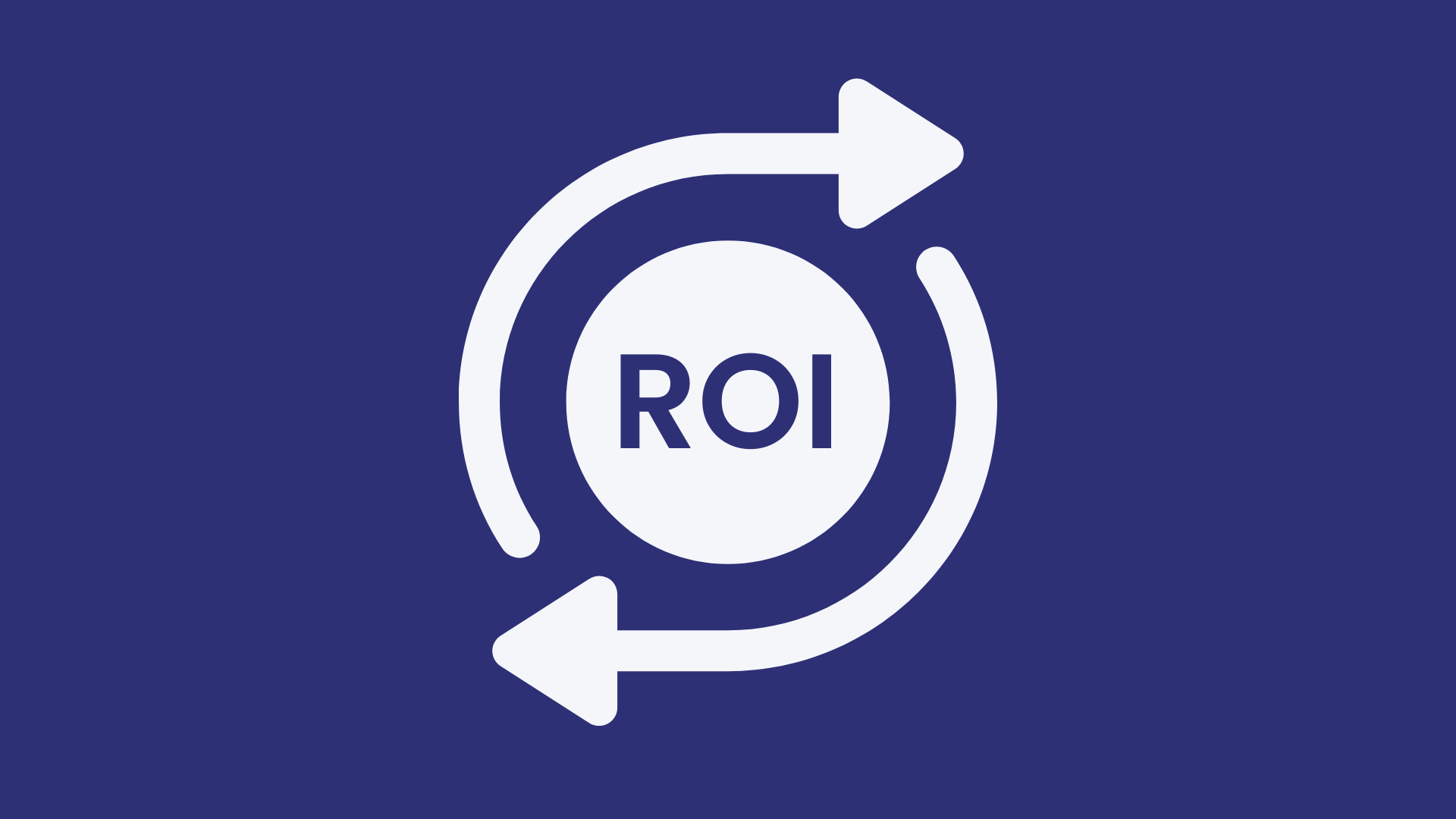A "moments that matter" approach can help HR teams and people leaders identify key touchpoints in the employee journey – and make smarter and more impactful investments.
What is a "moments that matter" approach?
Focusing on "Moments that matter" is an emerging approach to the employee experience, that is quickly gaining ground in HR. The concept originates from customer experience, where so-called "moments of truth" are points in the customer journey that determine whether or not a potential customer will buy from a company. In HR, "moments that matter" are important moments in the employee journey that notably impact the employee experience and engagement.
Often, moments that matter is related to emotionally charged events in people's professional or personal lives. Research shows that the employers' behavior in relation to these moments profoundly affects employee engagement, employee satisfaction, and employee retention.
"These moments have significant potential to impact employee experience positively or negatively," says Aaron McEwan, Vice President and Advisory Leader at Gartner.
Moments that matter have significant potential to impact the employee experience positively or negatively.
As competition for talent intensifies and as employee retention becomes more of a challenge, organizations are increasingly looking to create consumer-grade employee experiences. This is also why many commercial concepts previously primarily used in sales are now finding their way into HR.
Examples of moments that matter in the employee experience
Moments that matter can be divided into professional and personal moments.
Examples of professional moments that matter:
The first day on a new job
A promotion
Ending or starting a new project
A performance appraisal
Receiving feedback
A service anniversary
Ending an employment
Professional moments that matter present valuable opportunities for employers to create a memorable and positive impact on their employees' lives. A classic example is the onboarding process, which has a massive impact on the employee experience. And yet, many organisations struggle to give this process the attention it deserves.
Another example of leveraging moments that matter is in delivering feedback to employees. In a Glassdoor survey, 53% of employees say they would stay longer at their company if they received more appreciation from their boss.
Eletive-eNPS-employee-net-promotor-score:format(png)/f/288714721386412/7221e9d7e5/2040x1200.png)
Examples of personal moments that matter:
Becoming a parent
Losing a loved one
Relocating to a new country
Going through a divorce
Illnesses and accidents
Personal moments that matter are often even more impactful on a person's life. Organisations need to acknowledge that we're all human and our personal lives affect our professional lives. Failing to do so will inevitably create a negative employee experience and possibly prompt the employee to start looking for a more empathetic employer.
"In short, emotions matter," said McEwan. "While there is no 'magic' moment, most moments that matter elicits a strong emotional response and have a lasting effect on employees' opinions of their organisation."
Identifying the moments that impact the employee experience and continually asking employees for feedback is an important step towards a more people-centric way of working. A moments that matter-approach can help HR teams and people leaders prioritise between investments, to make sure time and resources are put where the ROI is the highest.
Employee surveys and moments that matter
Custom pulse surveys are an excellent tool for identifying and monitoring important touchpoints in the employee journey through the whole employee lifecycle. Regular one-to-one meetings, onboarding surveys and exit surveys, and open-ended questions as part of regular pulse surveys are all great tools in a moments that matter approach.
Eletive is a modern People Success Platform with all the tools you need to measure and improve the employee experience. Get in touch with our experts to learn more!
Engagement-graph:format(jpeg)/f/288714721386412/f8d13c1d33/engagement.jpg)
Related reading: Employee experience – and how to measure it
FAQ
What is a "moments that matter" approach? A “moments that matter” approach is a way of understanding and managing the employee experience by focusing on the key moments that have the greatest impact on the overall employee experience. These moments are typically those that are most meaningful to the employee, both professionally and personally, and can be used to create a positive employee experience.
What are examples of professional moments that matter in the employee experience? Examples of professional moments that matter in the employee experience include onboarding and orientation, performance reviews, recognition for achievements, career development opportunities, and feedback on job performance.
What are examples of personal moments that matter in the employee experience? Answer: Examples of personal moments that matter in the employee experience include social events, team building activities, recognition for personal efforts, and recognition for individual contributions.
How can employers leverage moments that matter to create a positive employee experience? Employers can leverage moments that matter to create a positive employee experience by creating a culture of recognition and appreciation, providing meaningful feedback and support, offering development and growth opportunities, and engaging in meaningful conversations with employees.
How can employee surveys and moments that matter be used to identify and monitor important touchpoints in the employee journey? Employee surveys and moments that matter can be used to identify and monitor important touchpoints in the employee journey by gathering feedback from employees about their experiences, identifying areas of improvement, and tracking progress over time. This allows employers to better understand what employees need and how to create a positive employee experience.



























:format(jpeg)/f/288714721386412/b71e57382e/blog-moments-that-matter-in-the-employee-experience-with-examples-hero_media.jpg)
:format(jpeg)/f/288714721386412/1280x720/02da360edc/performyard-alternatives.jpg)
:format(jpeg)/f/288714721386412/1280x720/154d0efc4c/tinypulse-alternatives-hero.jpg)
:format(jpeg)/f/288714721386412/1280x720/940c479a26/delighted-alternatives.jpg)